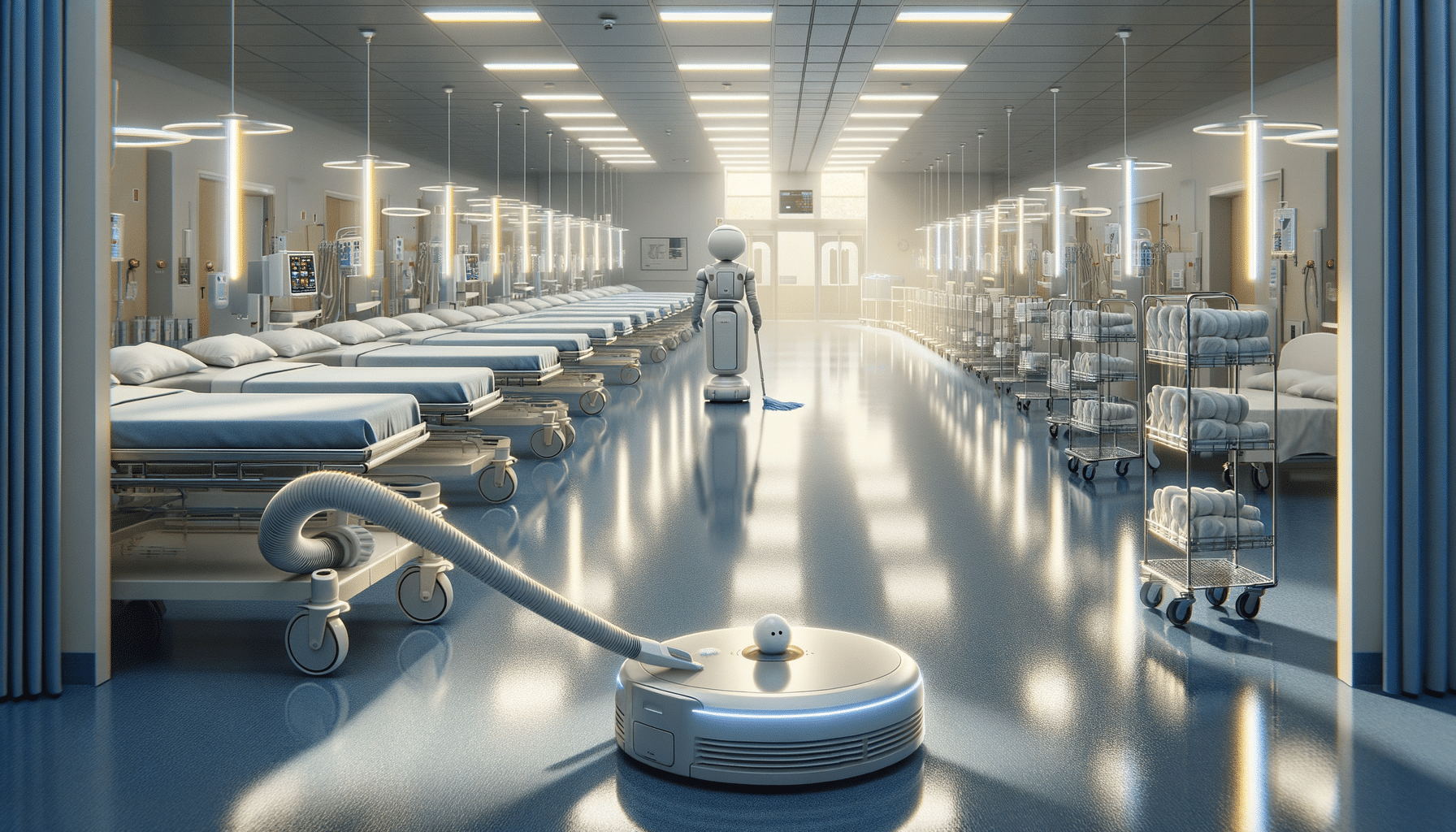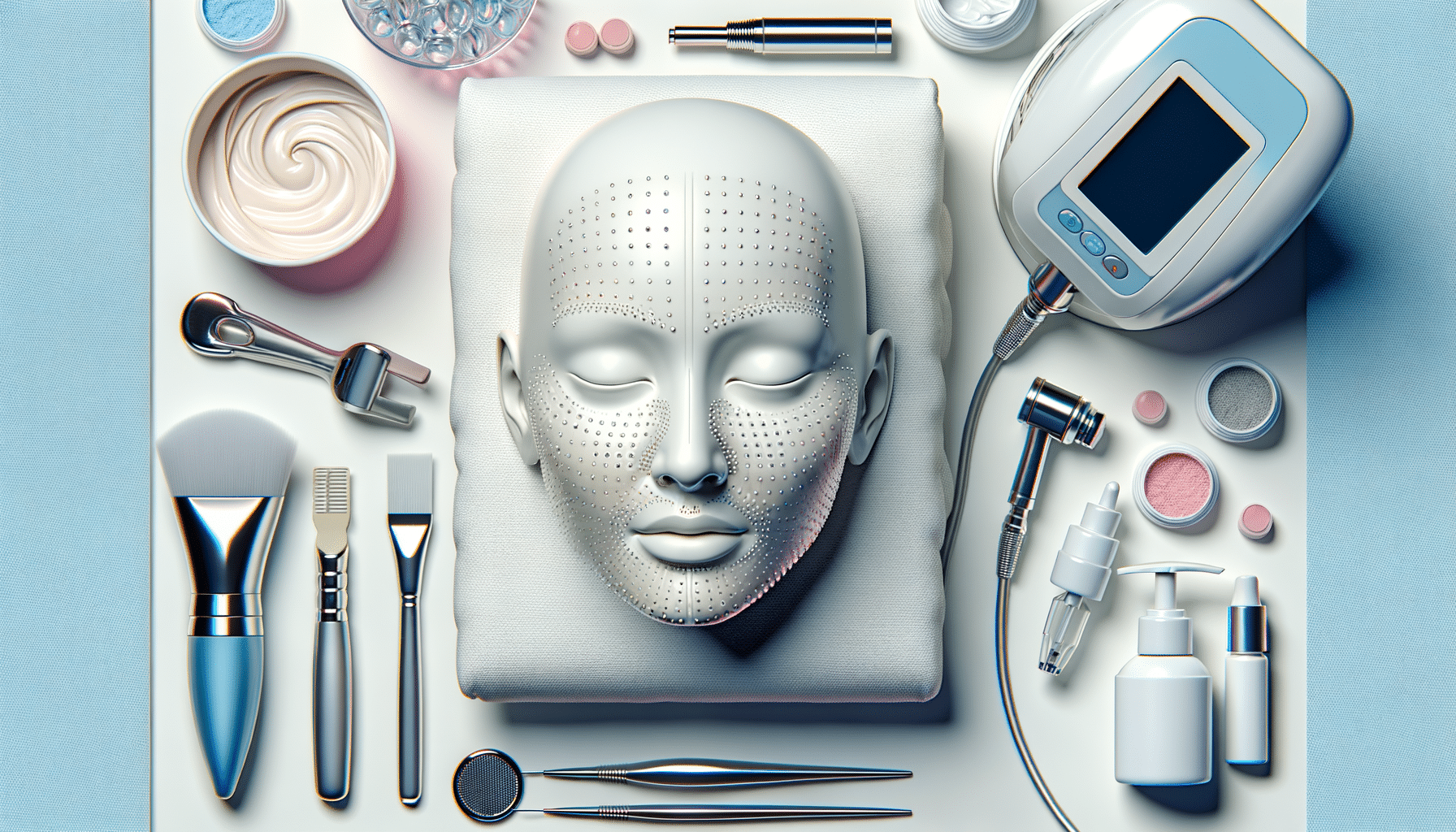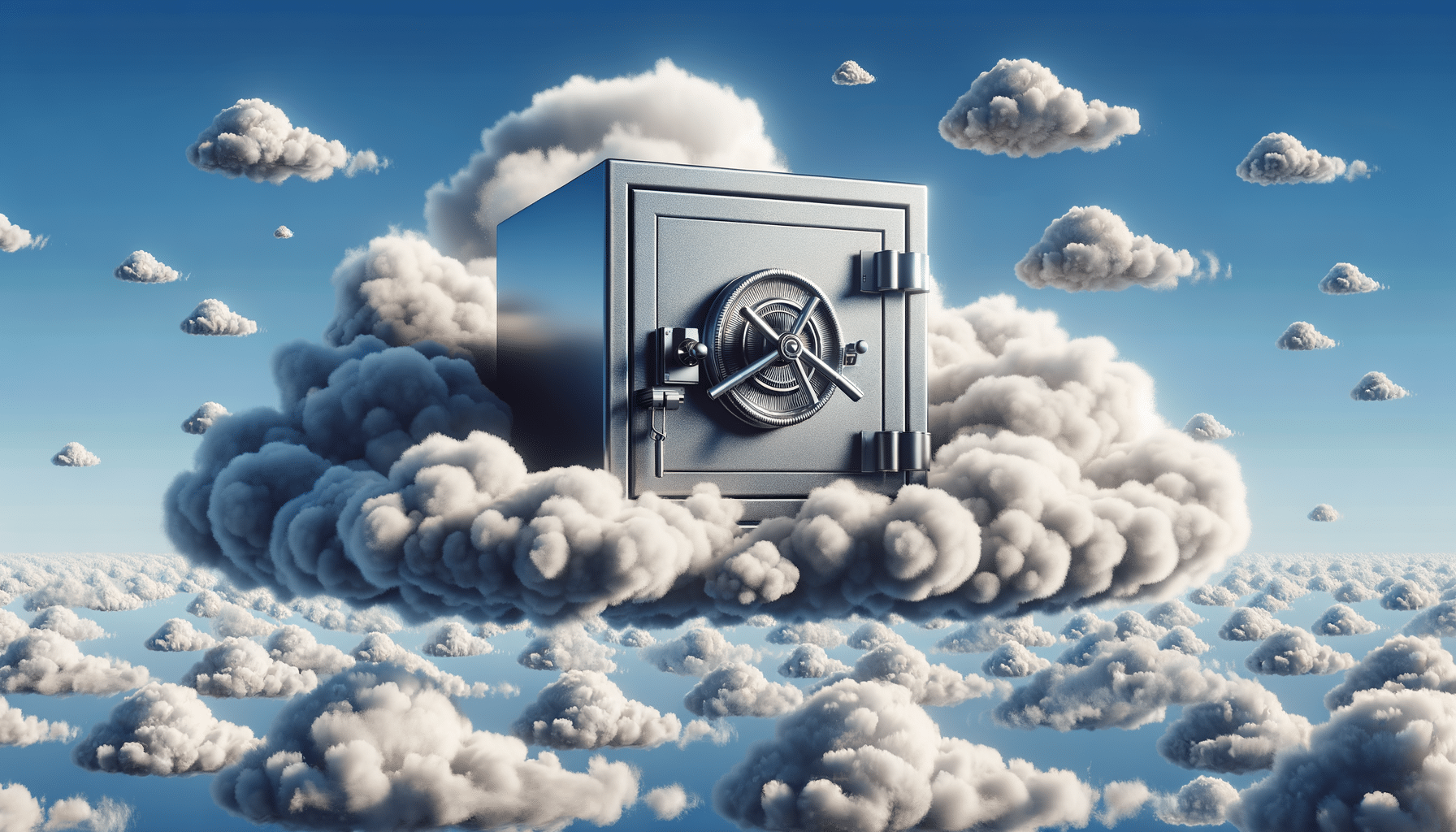
The Essential Role of Cleaning in Hospitals
The Importance of Cleaning in Hospitals
Hospitals are environments where health and hygiene are paramount. The importance of cleaning in hospitals cannot be overstated, as it directly impacts patient safety and care quality. Hospital cleaning involves a meticulous process that ensures all areas, from operating rooms to waiting areas, are free from contaminants. This is crucial in preventing hospital-acquired infections (HAIs), which are a significant concern for healthcare facilities worldwide.
Effective cleaning protocols in hospitals help control the spread of infections and diseases. According to the Centers for Disease Control and Prevention (CDC), HAIs affect 1 in 31 hospital patients at any given time. These infections can lead to serious health complications, extended hospital stays, and increased medical costs. Therefore, maintaining a clean and sterile environment is a top priority for hospital administrations.
Moreover, cleaning in hospitals is not just about appearance; it is a critical component of patient safety. Proper disinfection and sanitation practices are essential in minimizing the risk of infection transmission. This includes the use of appropriate cleaning agents and techniques tailored to different hospital areas, ensuring that all surfaces, equipment, and linens are thoroughly sanitized.
In conclusion, cleaning in hospitals is a vital aspect of healthcare that supports patient health and safety. By adhering to stringent cleaning protocols, hospitals can reduce the incidence of HAIs and create a safer environment for both patients and staff.
The Role of Hospital Cleaners
Hospital cleaners play a pivotal role in maintaining the hygiene and safety of healthcare facilities. These professionals are responsible for executing cleaning protocols that prevent the spread of infections and ensure a sanitary environment. Hospital cleaners are often the first line of defense against HAIs, as their work directly impacts the cleanliness of patient care areas.
The duties of hospital cleaners extend beyond basic cleaning tasks. They are trained to follow specific procedures and use specialized equipment and cleaning agents to achieve optimal sanitation levels. This includes the proper disposal of medical waste, cleaning of patient rooms, and sanitizing high-touch surfaces such as door handles, bed rails, and medical equipment.
Furthermore, hospital cleaners are crucial in emergency situations, where rapid response is needed to contain potential outbreaks. Their ability to quickly and effectively clean and disinfect areas can prevent the spread of infectious diseases, protecting both patients and healthcare workers.
In essence, hospital cleaners are integral to the healthcare system. Their work ensures that hospitals remain safe and hygienic places for treatment and recovery, underscoring the importance of their role in patient care and safety.
Hospital Cleaners Job: Responsibilities and Skills
The job of a hospital cleaner involves a range of responsibilities that require precision and attention to detail. Hospital cleaners are tasked with maintaining the cleanliness and sanitation of healthcare facilities, ensuring that all areas meet stringent health standards. This job demands a strong understanding of cleaning techniques and the ability to work efficiently in a fast-paced environment.
Key responsibilities of hospital cleaners include:
- Disinfecting patient rooms and common areas to prevent the spread of infections.
- Properly disposing of medical waste and hazardous materials.
- Maintaining cleanliness in operating rooms, laboratories, and other critical areas.
- Using specialized cleaning equipment and agents safely and effectively.
In addition to these responsibilities, hospital cleaners must possess certain skills to perform their job effectively. These include attention to detail, as thorough cleaning is essential to prevent contamination. Physical stamina is also important, as the job often involves long hours and physical labor. Moreover, hospital cleaners must be knowledgeable about infection control practices and adhere to safety protocols to protect themselves and others.
Overall, the role of a hospital cleaner is indispensable in maintaining a safe and healthy environment within healthcare facilities. Their dedication and expertise contribute significantly to patient safety and the overall quality of care provided in hospitals.


